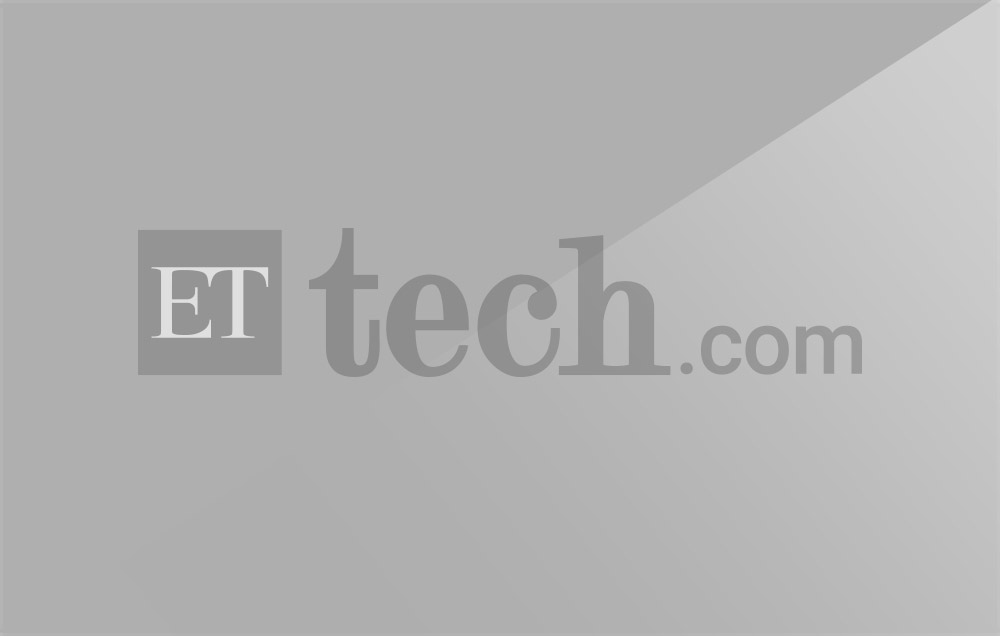
Wikimedia Foundation, a nonprofit that hosts and operates Wikipedia along with other free and collaborative projects, has expressed concerns over proposed changes to the IT intermediary rules.
Wikimedia wrote to the Union minister for electronics and IT, Ravi Shankar Prasad, on issues around automated filtering of content, setting up of a local entity and traceability of content, proposed under the rules.
In the letter, Amanda Keton, General Counsel, Wikimedia Foundation said the new draft rules have not been made public even after a year since official consultations on the draft were completed.
“We remain concerned that requirements in the bill will hinder our mission to provide free access to knowledge in India, rather than support it,” Keton wrote.
The government first released the Draft Information Technology [Intermediary Guidelines. (Amendment) Rules] 2018 for public consultation last year.
The ministry of electronics and IT recently told the Supreme Court that it planned to finalise the guidelines — which put greater responsibility on social media and internet platforms — by January 15.
The Data Protection Bill of 2019 introduces definitions of social media intermediaries and a layered approach to obligations which may mitigate most negative effects on websites posed by the requirements in the draft intermediary guidelines, the letter, sent earlier this week, said.
“Yet, even with such an approach we remain concerned about requirements which encourage or necessitate automated filtering of user uploads, either explicitly or implicitly through short take-down times and could severely disrupt the availability and reliability of Wikipedia,” it said.
It also expressed concerns about “the material burden” that requirements such as local incorporation rules would place on the Wikimedia Foundation’s nonprofit model.
“Rules which require the removal of content or cooperation with law enforcement within short time periods could also prove impracticable without significant additional investments in either new employees or technology,” it pointed out.
India is its fifth largest market in terms of the number of views. Wikipedia is available in 23 Indian languages.
Imposing traceability requirements on online communication is a serious threat to freedom of expression as it could interfere with the ability of Wikipedia contributors to freely participate in the project, it said.
“Requiring websites to track their users will discourage free communications and has the potential to even discourage legal economic activity on the internet…”
Keton requested the Ministry to release a new draft of its proposed intermediary liability rules, which will take into account these concerns, before they are notified.
Leave a Reply